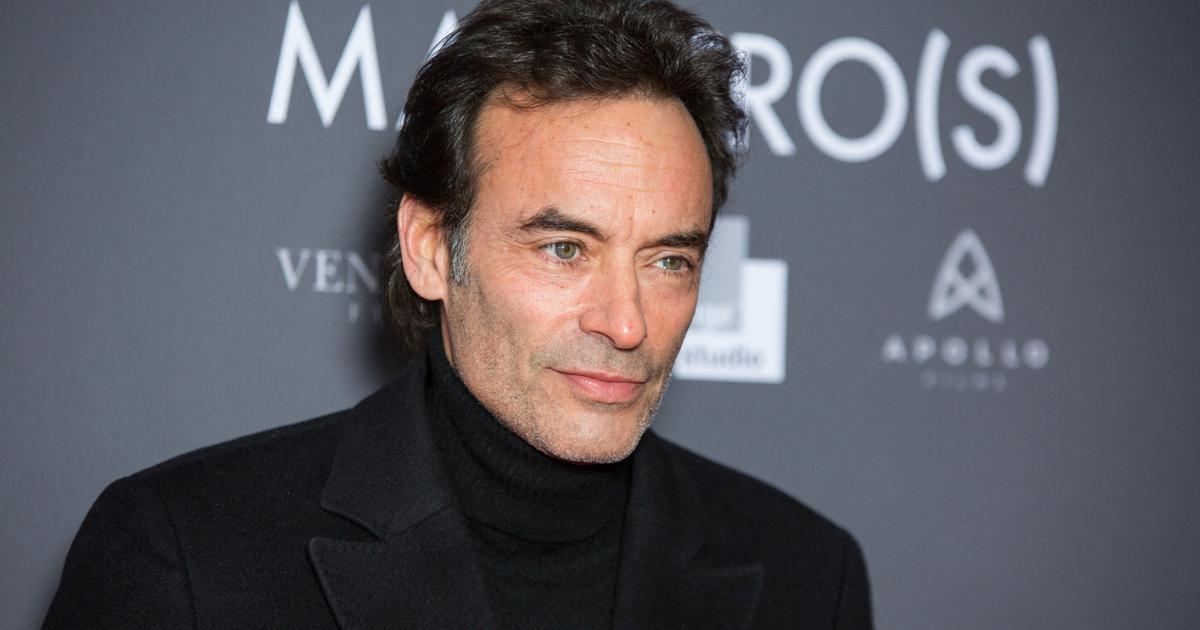A few days ago, the singer Shakira was upset because her ex-partner, Gerard Piqué, had taken out one of her children, Milan, without her knowledge, in an event on the internet and with adult content.
The Colombian artist issued a letter through her communication office in which she defended that she did not give the former soccer player consent for the nine-year-old boy to appear in a Twitch
stream
seen by thousands of people.
Other than disgust, what legal consequences, if any, could this disagreement between two parents have about their children's internet exposure?
“The publication of images of a minor on social networks, understood as an exercise that affects their image right, is a decision that falls within parental authority.
With few exceptions, this is exercised jointly, so regardless of the custody regime, the decision must be made by both parents, or one with the consent of the other", explains family lawyer Carmen Caro.
In this way, within the framework of the negotiation of a regulatory agreement, according to the lawyer, parents can perfectly choose to determine what will happen with the publication of photographs or the exposure of their children on the Internet: "And if we enter into a contentious judicial proceeding, parents can request that the prohibition of publishing images and exposing their children on social networks be specified as an express measure”.
More information
'Sharenting': "Sometimes we post photos of our children on social networks in a thoughtless way"
But what if it hasn't mirrored and one of you does?
"As it is an illegitimate interference of special protection and given that it is not reflected in the divorce regulatory agreement, an enforcement action could not be filed for non-compliance with a sentence before the family court, so that the path to To use would be to go to an ordinary trial before a court of first instance and file a lawsuit for violation of the honor, privacy and image of a minor under the Organic Law of 1/1982, requesting precautionary measures so that the images that are published up to now”, details the expert in family and criminal law Sofía Maraña.
“Let us not forget that the Supreme Court, in its judgment of June 30, 2015,
So if there is a disagreement between the parents, what happens?
“Parents must file a procedure under article 156 of the Civil Code regarding disagreements in the exercise of the same before the family judge.
Children should always be listened to if they have sufficient judgment, or in any case, if they are over 12 years of age”.
In this way, and as explained by the lawyer, the family judge will decide whether or not images of the minors can be taken from now on, by granting the power of decision on this matter to one of the parents.
"But I very much doubt that he would order the already published images to be withdrawn if there is nothing previously regulated," adds Maraña.
In addition, according to the Organic Law of 1/1982, as long as the children are minors, the Public Prosecutor's Office is entrusted with the task of actively ensuring respect for their rights to honor, privacy and self-image, if it considers that it violates against the rights of children: "If so, the Public Prosecutor's Office must intervene both by requesting the necessary precautionary measures so that the publication is withdrawn from the social network, and by exercising the corresponding actions before the civil courts on behalf of the minors to obtain compensation from their own parents for the impairment of their rights, in accordance with the provisions of article 4.2 of the LOPM”.
Can the children when they become of legal age claim their parents through the courts for interference with honor?
Maraña responds: “The son who has seen her private life exposed on social networks can file the corresponding lawsuit against her parents for violation of the right to honor, privacy and self-image.
In addition, he can request that all published images be withdrawn and compensation for moral damages that such publications may have caused him, by application of article 197.7 of the same legal text ”.
The consequences of
sharenting
In addition to all the legal framework involved in publishing or exposing a child on the internet without the consent of the other parent, this exposure can also have consequences for the mental health of the minor and the family environment.
"The fact of regularly taking your children out on social networks is called
sharenting
,"
explains Manuel Antonio Fernández, better known as El Neuropediatra.
"If fathers and mothers want to be aware of the consequences that this can generate for their own children, it is important that they know that these platforms have become part of our lives in recent years and on many occasions we see how minors of all ages appear in photos, videos,
stories,
reels
or any other format in them”, adds the expert in pediatric neurology.
And it is evident, continues Fernández, that the vast majority of adults who publish this content do so without any malicious intent: "But it is also true that they usually do not stop to analyze carefully whether what they do may have consequences for their children or themselves, either in the present or in the future.
The Neuropediatrician summarizes in five the psychological consequences that minors and the family environment can suffer.
Lack of privacy: Since the content of social networks is publicly accessible and its removal is practically impossible, the permanent digital footprint generated by these publications can have personal psychological or emotional repercussions even years after they were produced.
Family disagreements: both with the children themselves if they are older and with the couple if there is no agreement between both parties.
Cyberbullying
: everyone knows that it is impossible to please 100% of people, therefore, there will be those who do not welcome the content or frequency of the publications.
This can trigger negative and belligerent behavior on the part of both acquaintances and strangers.
Grooming
:
it is partly similar or complementary to
cyberbullying,
negative behaviors may appear from the direct environment of the minor or from the family that is harmful in the short or long term.
Prejudice, mockery, rejection... are the most common behaviors, reaching cases of lifelong stigmatization.
Scam or fraud: scouts abound in the networks in search of data and sensitive information that allows them to impersonate other people or obtain information with which to obtain some type of direct or indirect benefit.
You can follow Mamas & Papas on
,
or sign up here to receive
our biweekly newsletter
.















